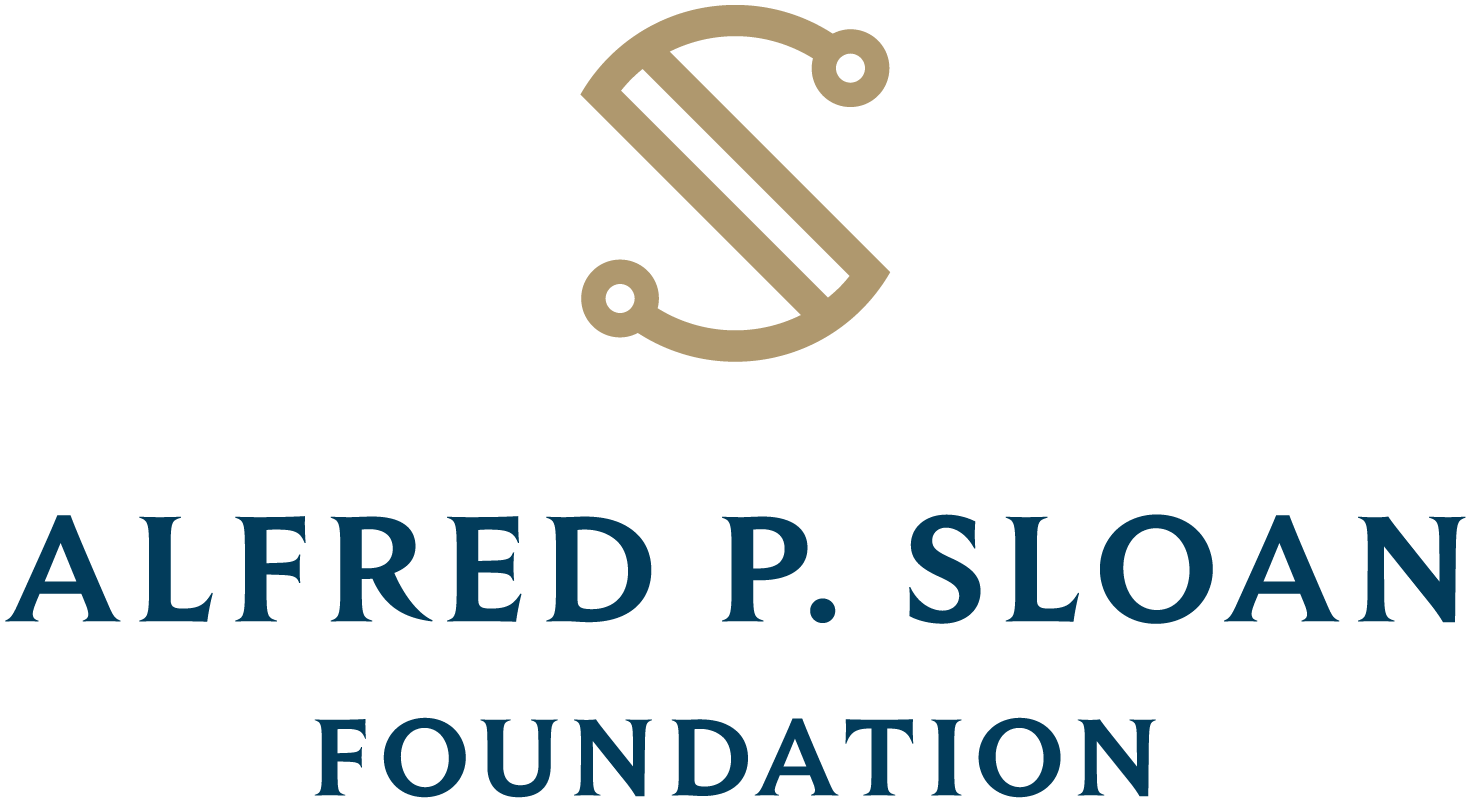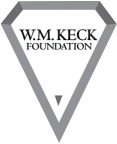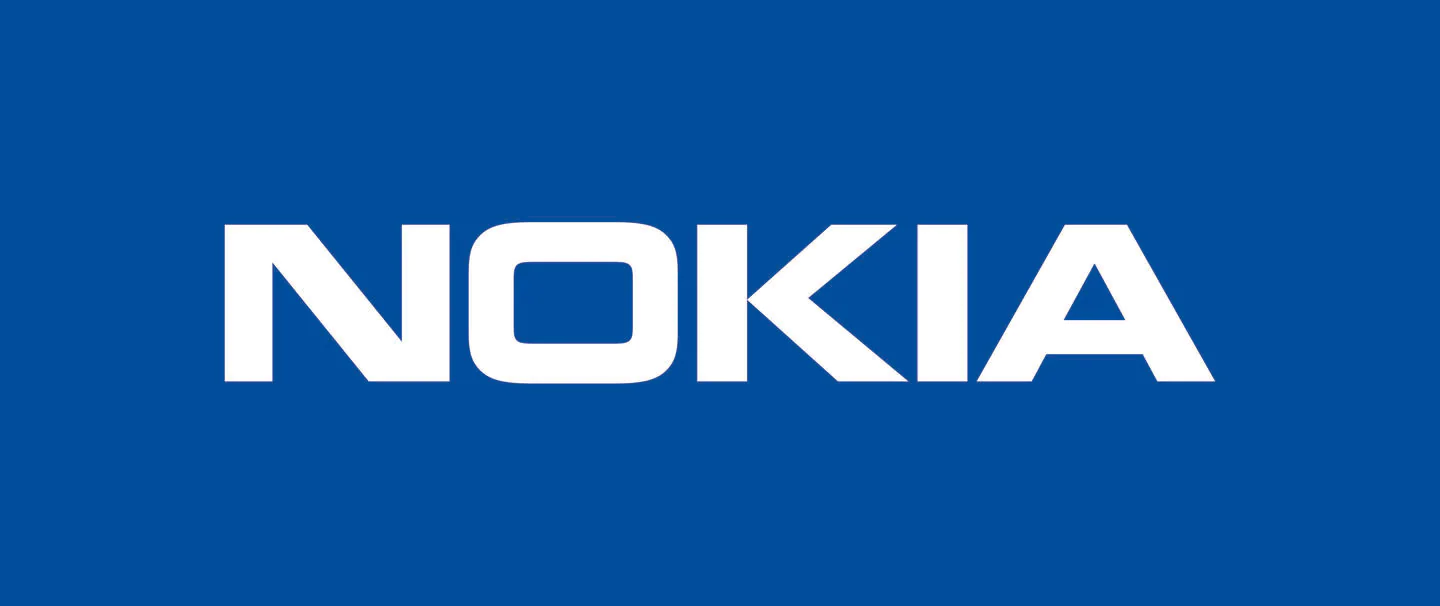 The Maryland Advanced Research Computing Center (MARCC) promises to deliver a hefty digital punch; with ~500 TFLOPs sustained peak performance, the center ranks as one of the top HPC sites within academic institutions.
The Maryland Advanced Research Computing Center (MARCC) promises to deliver a hefty digital punch; with ~500 TFLOPs sustained peak performance, the center ranks as one of the top HPC sites within academic institutions.
Supported by $30 million grant from the State of Maryland, MARCC will provide state-of-the-art digital processing power for researchers working with Big Data on computationally-intensive problems at Johns Hopkins University and the University of Maryland, College Park. The shared equipment within the 3,786-square-foot new building includes more than 19,000 processors and 17 petabytes of storage capacity as the base system. Plans are already under way to add more compute nodes following the popular “condominium” model.
Users will be able to use the new computing center’s servers remotely, says Jaime Combariza (pictured above), Director of MARCC and associate research scientist in the Krieger School’s Department of Chemistry. “MARCC allows all of Johns Hopkins and the University of Maryland to centralize their computing power.” For participating researchers, he says, the arrangement should lead to significant cost savings and greater efficiency. Rather than individual research groups using time, money, and space to create their own high-performance computing centers, all participants will share the costs of cooling, networking, and running the single center.
Access to this computing power will be granted to Johns Hopkins researchers from the university’s School of Medicine, Bloomberg School of Public Health, Krieger School of Arts and Sciences, and Whiting School of Engineering, and to scholars from the University of Maryland, College Park.
Demand for high-performance computing is high and getting higher. Even before it officially opens, 80 percent of MARCC’s computing power is already allocated. But with enough land for four more identical centers on the lot at Bayview, there’s plenty of room to grow.
MARCC is expected to open by the end of June, 2015.
[For full story, see Krieger School of Arts & Sciences Magazine, May 2015. ]












